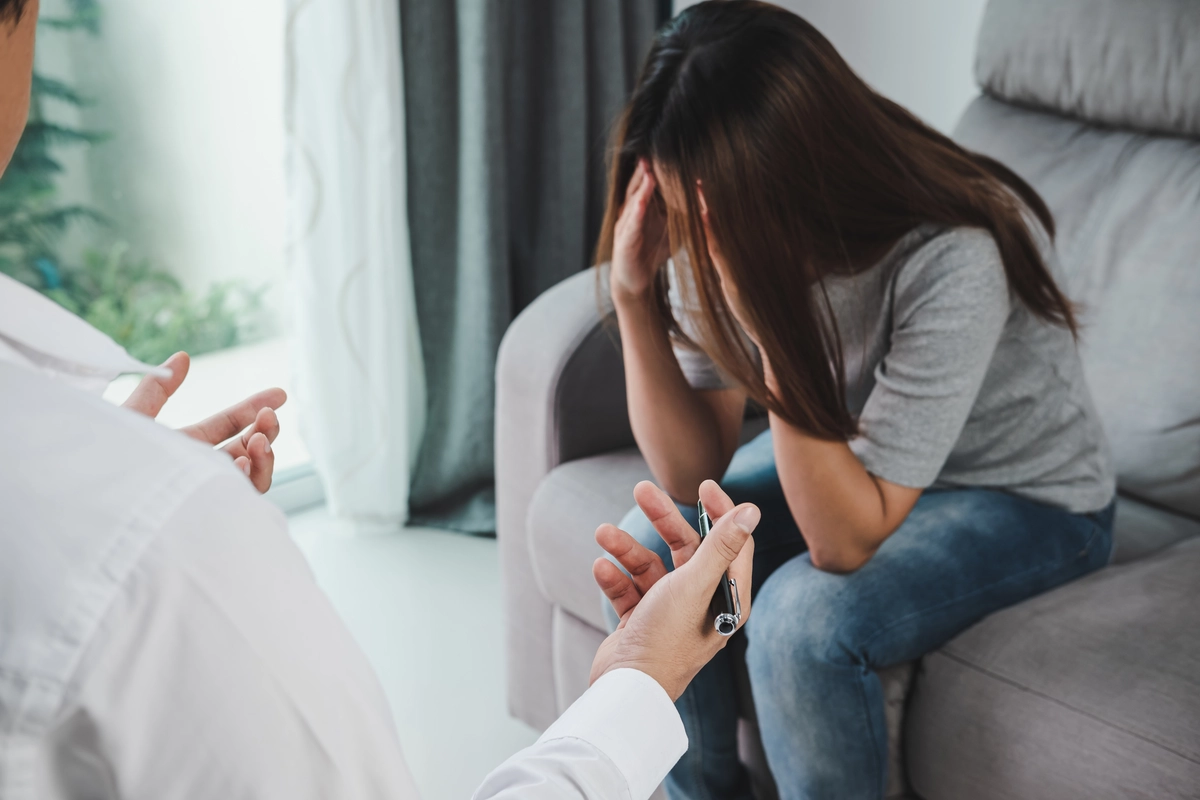24/7 Helpline:
(866) 899-221924/7 Helpline:
(866) 899-2219
Learn more about Bipolar Disorder Treatment centers in Grand County

Other Insurance Options

Molina Healthcare

Choice Care Network

Evernorth

Oxford

Sliding scale payment assistance

BHS | Behavioral Health Systems

BlueCross

Coventry Health Care

Regence

Carleon

Optum

Self-pay options

Lucent

Amerigroup

MHNNet Behavioral Health

Kaiser Permanente

Cigna

CareSource

Magellan

ComPsych

A Stepping Stone to Success
A Stepping Stone to Success is a private rehab located in Winter Park, Florida. A Stepping Stone to ...

New Leaf Center
New Leaf Center has provided outpatient mental health and addiction therapy services in the Orlando ...

La Amistad – Adult Program
Located on a serene campus in Winter Park, Florida, La Amistad is a substance use and co-occurring d...

Choices Counseling Center
Choices Counseling Center is a private treatment center located in Winter Park, Florida. Choices Cou...

WhiteSands Treatment – Winter Park
WhiteSands Treatment – Winter Park is a private rehab located in Winter Park, Florida. WhiteSands Tr...

The Village – Transitional Housing Program
The Village – Transitional Housing Program is a private rehab located in Winter Park, Florida. The V...

Oakland Psychological Clinic
Oakland Psychological Clinic is a private traditional rehab located in Fraser, MI. Oakland Psycholog...

Parshall Resource Center
Parshall Resource Center is a drug and alcohol rehab and resource center in Parshall, ND. They provi...





















Luna Counseling
Luna Counseling is a private rehab located in Winter Park, Colorado. Luna Counseling specializes in ...

AA – Alcoholics Anonymous
AA – Alcoholics Anonymous is a non-profit rehab located in Granby, Colorado. AA – Alcoholics Anonymo...

Mind Springs Health
Mind Springs Health provides counseling and therapy for mental illness and substance abuse to indivi...

Luna Counseling
Luna Counseling is a private rehab located in Granby, Colorado. Luna Counseling specializes in the t...

Another Chance Counseling Center
Another Chance Counseling Center is a private rehab located in Winter Park, Florida. Another Chance ...

Florida Hospital Outpatient Center for Behavioral Health
Florida Hospital Outpatient Center for Behavioral Health is a private rehab located in Winter Park, ...

Recovery Center
Recovery Center is a private rehab located in Winter Park, Florida. Recovery Center specializes in t...

ACT Center
ACT Center provides an outpatient substance abuse evaluation and treatment. ACT Center utilizes a ba...

Turning Point of Central Florida
Turning Point of Central Florida - Winter Woods Boulevard offers outpatient treatment for individual...

NewBridge Recovery & Wellness Center
NewBridge Recovery & Wellness Center is an outpatient substance abuse and addiction treatment center...

CARE – Utica Road
Founded in 1977, CARE - Utica Road is a Macomb County based non-profit with a 39 history of providin...







































































